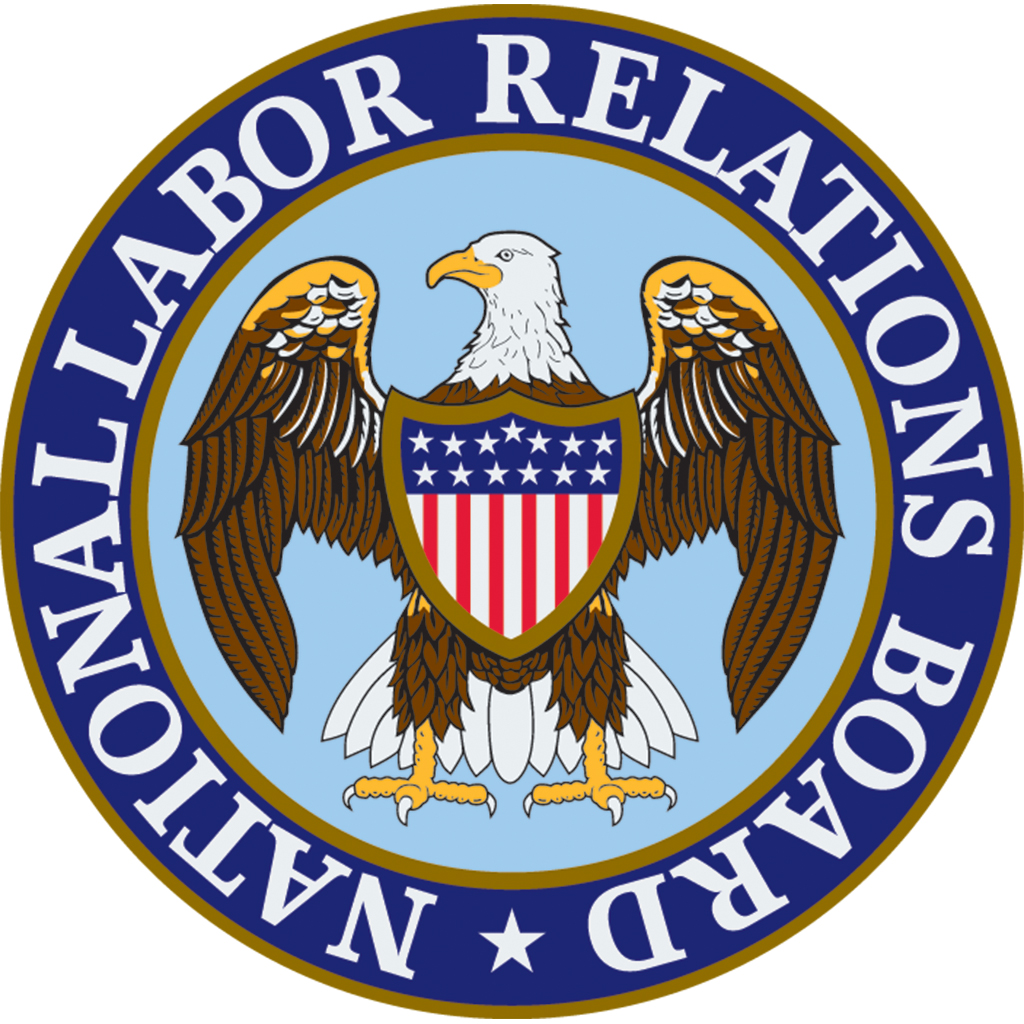
Oral arguments have been scheduled to begin March 9 as Browning-Ferris Industries looks to overturn an August 2015 decision by the National Labor Relations Board that changed the standard for determining joint employer status, according to a calendar posted on the website of the U.S. Court of Appeals for the District of Columbia Circuit.
The case has implications for senior living.
The NLRB had ruled 3-2 to consider joint employers to be those that exhibit the potential to exert control over terms and conditions of employment instead of those having “direct and immediate” control, as had been the previous standard. At the time, the board said the new standard reflected changes in the workplace and economic circumstances. More than 2.87 million of the nation’s workers, it noted, were employed through temporary agencies in August 2014.
The specific case in front of the NLRB involved Browning-Ferris Industries of California and Leadpoint, a company that supplied employees to BFI to clean and sort recycled products and perform other duties. The board ruled that BFI was a joint employer with Leadpoint because BFI had indirect and direct control over essential terms and conditions of employment of the employees supplied by Leadpoint. Also, BFI had reserved authority to control such terms and conditions.
The ruling could affect senior living operators and other companies that use temporary or contract workers or have franchises.
Greg Crist, when he was senior vice president for public affairs of the American Health Care Association/National Center for Assisted Living, had told McKnight’s Senior Living that AHCA/NCAL was “concerned that the NLRB ruling could encourage unions to use new organizing tactics focusing on temporary staffing agencies, forcing our members to negotiate with yet another union.” (Crist left the organization at the end of 2016.)
The AFL-CIO supports the new standard, but the U.S. Chamber of Commerce and Competitive Enterprise Institute are among organizations that do not. The American Staffing Association predicted that the change would have little effect on the staffing industry.



